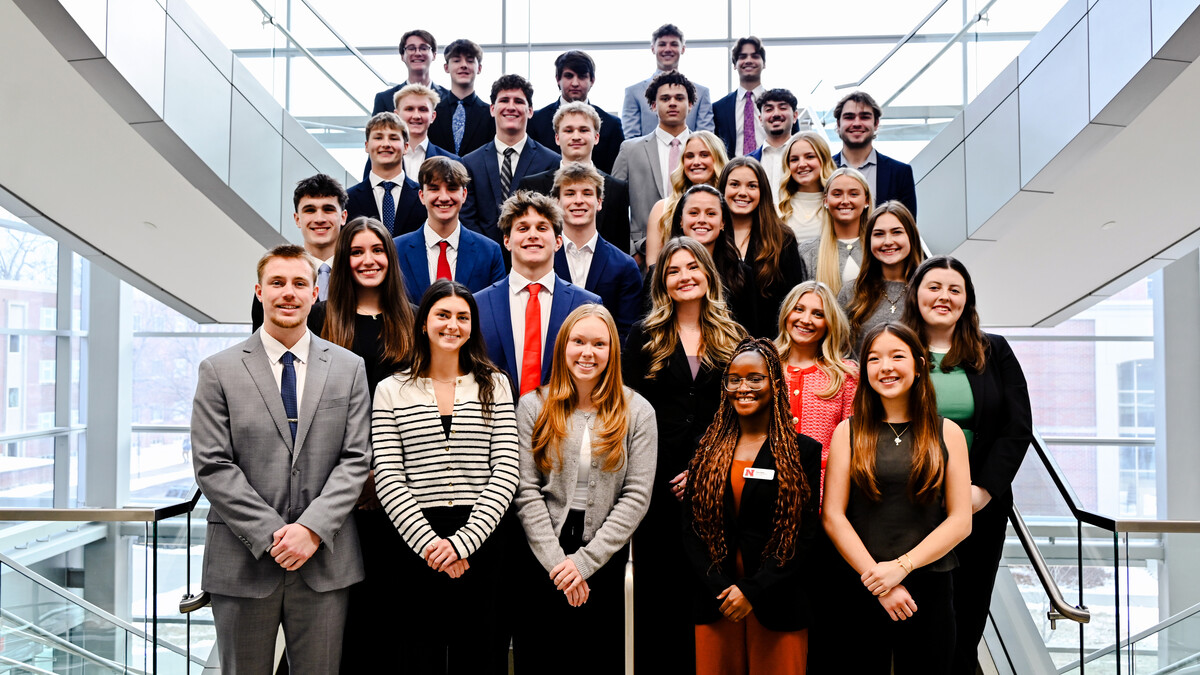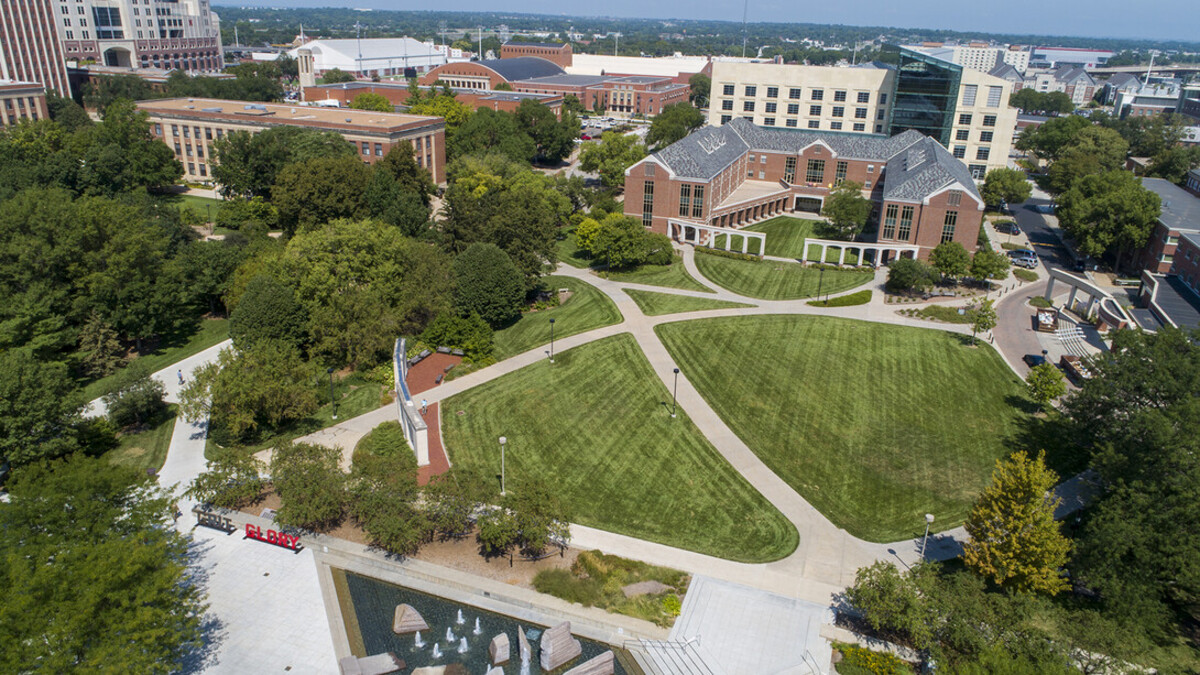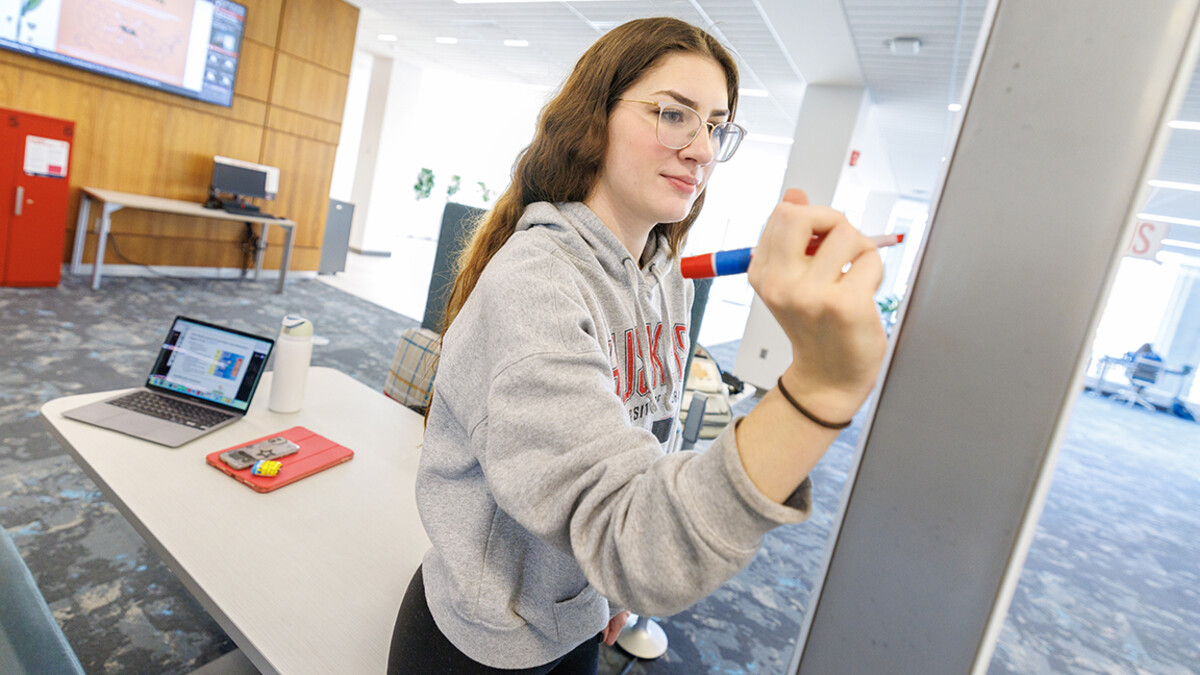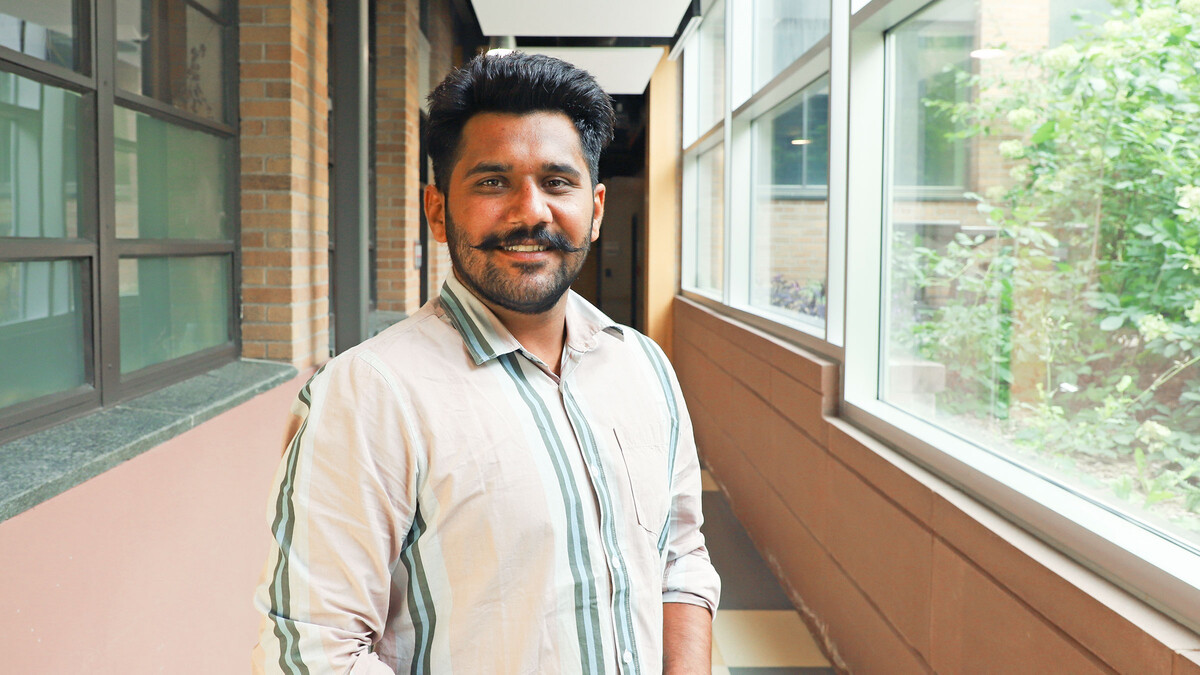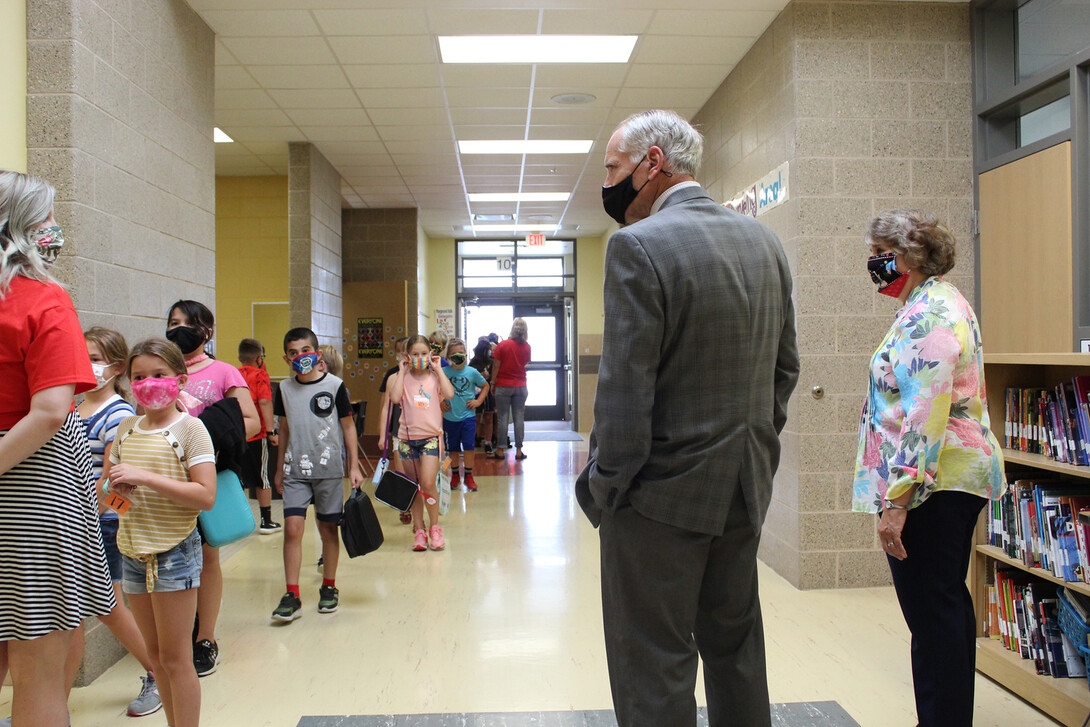
The University of Nebraska Public Policy Center is partnering with the Nebraska Department of Education on a five-year grant to aid Nebraska educational agencies in developing and writing emergency operations plans.
The project, which was funded by the United States Department of Education, began in 2018. Associates with the Public Policy Center wrote the grant with NDE, collaborated with NDE and state agencies to develop training materials, conducted trainings, and are evaluating exercises to measure the progress of Nebraska K-12 public schools toward having quality emergency operations plans.
“The project is two-fold,” said Denise Bulling, senior research director with the Public Policy Center and expert in disaster response. “One is to enhance the ability of the Nebraska Department of Education to offer technical assistance with developing these plans, and two is to increase the quality of emergency operations plans within K-12 schools.”
Nebraska state statute requires all schools to have a school safety plan, but Bulling said there is very little guidance in the statute to help schools write them, or on what should be included. This project is focused on training educational service units and public schools to take a wholistic approach in planning for emergencies.
“Our role as a partner in this is to support the Nebraska Department of Education, with evidence and science-based information, to help them provide that technical assistance,” Bulling said. “In the beginning, we helped them assess the quality of the current safety plans, and figured out where the holes were. Emergency operations plans are a little bit different because they not only encompass those safety procedures — tornado or fire protocols, for example, that schools have a really good handle on — they delve more into how schools coordinate with outside resources and how to manage something that’s bigger than the school.”
Since the effort began, Nebraska schools have encountered two major disasters — the flooding of March 2019 and the pandemic that closed schools in March 2020. These events have further drawn attention to the importance of these plans.
“Schools are doing heroic work right now trying to make this all work, but high-quality emergency operations plans have larger components of how you coordinate with other entities,” Bulling said. “In addition to what they have in their safety plans, which is a lot of policies and procedures, what we’ll see probably naturally as a result of this pandemic, and as a result of this grant, is that schools will increasingly recognize their role in the larger system and how to coordinate better with system players.”
Prior to the pandemic, Bulling said the collaborative team from the Public Policy Center and NDE had held in-person trainings and exercises to test the plans and build institutional relationships.
“We have held exercises in eight areas of the state,” Bulling said. “These were seminars with school personnel and emergency management. One of the links that is not solid in all jurisdictions is the link between schools and emergency managers, and emergency managers are like the conductors of the orchestra when a disaster happens. We’re very interested in establishing and strengthening those linkages, long-term.”
Now, in response to COVID-19 and to make the project sustainable into the future, the team is working on creating reusable materials that schools can use when it works for them.
“We’re trying to move some of our resources onto video and other forms, so they stand the test of time and are not dependent on one-time in-person delivery,” Bulling said. “One of the key goals of the grant is not just to ensure that there are good plans at the local level, but to ensure the state level has all the tools they need to offer quality technical assistance when it’s needed.”
The Public Policy Center and the Nebraska Department of Education are collaborating on an additional four projects impacting Nebraska’s public schools, including suicide prevention, mental health in schools, behavioral threat assessments and school violence prevention.
